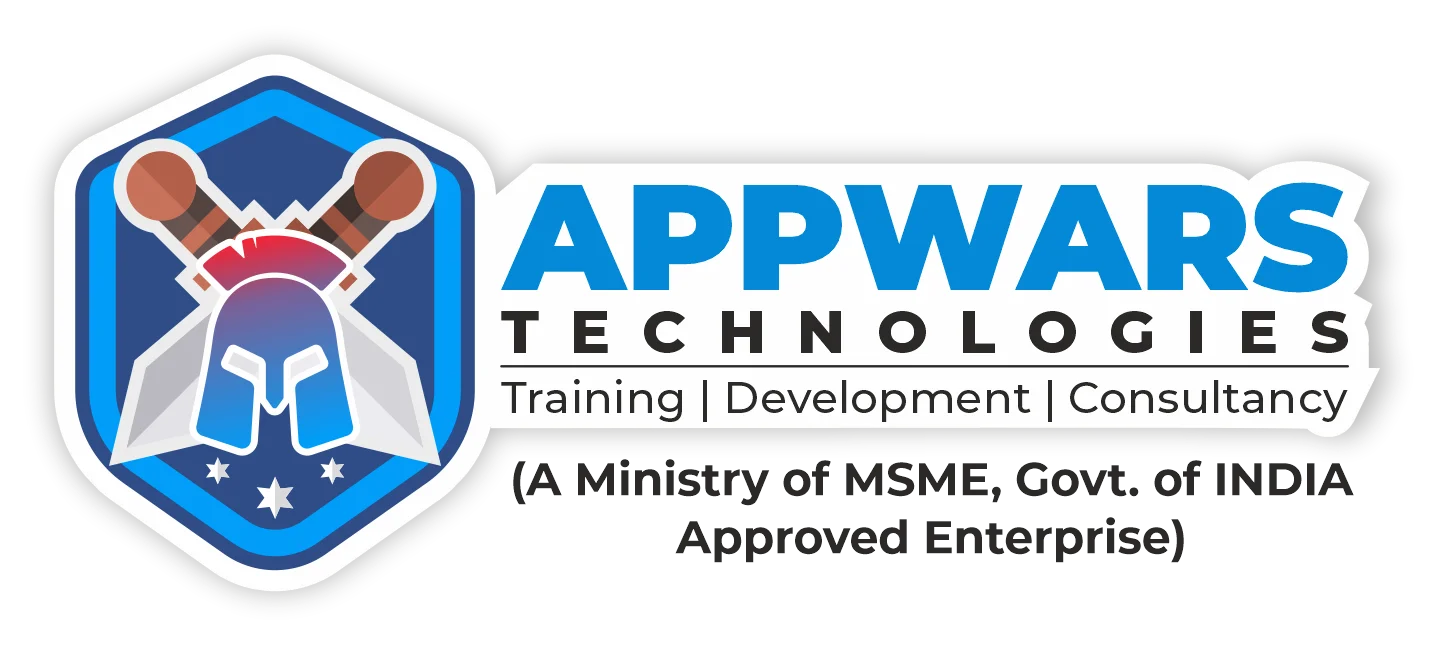Current Job Market Trends for Data Analysts
The demand for data analysts continues to surge as businesses increasingly recognize the value of data-driven decision-making. In various industries, from finance to healthcare, organizations actively seek professionals who can interpret complex data sets to derive actionable insights. As companies look to enhance their competitiveness, the growth of the analytics sector has created a wealth of opportunities for aspiring candidates. According to recent job market analyses, the data analytics training candidates receive is pivotal, as it equips them with essential skills required by employers.
Employers are predominantly looking for candidates with strong analytical skills, proficiency in data visualization tools, and expertise in programming languages such as Python and R. Furthermore, familiarity with machine learning concepts has become increasingly valuable, as many companies are beginning to adopt advanced analytics solutions. This trend signifies that professionals pursuing a data analytics career need to focus on acquiring a well-rounded skill set that includes both technical aptitude and business acumen.
The evolving technological landscape has also had a significant impact on job roles within the analytics sector. Automation and artificial intelligence are streamlining various analytics processes, leading to the emergence of new job profiles that require a blend of analytical and technical skills. Consequently, professionals seeking data analytics training should stay ahead of these changes by continuously improving their capabilities and adapting to new technologies that are shaping the industry.
Geographically, several regions have emerged as hotspots for data analytics positions. Cities such as New York, San Francisco, and London boast high demand due to the concentration of tech firms and financial institutions. Additionally, the COVID-19 pandemic has further accelerated the need for data analysts, as organizations pivot towards data-driven strategies to navigate uncertainties. As such, aspiring professionals can significantly benefit from understanding these current job market trends as they embark on their career in data analytics.
Emerging Career Paths in Data Analytics
The field of data analytics is rapidly evolving, presenting numerous opportunities for aspiring professionals seeking a fulfilling career. With the increasing reliance on data-driven decision-making, various career paths have emerged, transcending traditional roles such as Data Analyst and Business Analyst. Today, positions like Data Scientist, Data Engineer, and Machine Learning Engineer are becoming prominent in the job market.
A Data Analyst typically focuses on interpreting complex data sets, identifying trends, and providing actionable insights to businesses. To excel in this role, strong analytical skills and proficiency in tools such as SQL, Excel, and data visualization software are essential. Additionally, a solid understanding of statistics and business acumen is invaluable.
On the other hand, a Business Analyst serves as a bridge between IT and the business side of an organization, translating data insights into strategic initiatives. This role requires excellent communication skills and a deep understanding of both business processes and technology.
Emerging roles like Data Scientist demand a different skill set. In addition to data analysis skills, Data Scientists must also possess programming expertise in languages such as Python or R, along with experience in machine learning and advanced statistical methods. Data Engineers, conversely, focus on the architecture of data systems, requiring knowledge in database management and large-scale processing frameworks like Apache Hadoop.
Furthermore, Machine Learning Engineers are becoming increasingly critical, as they develop algorithms that enable machines to learn from and make predictions based on data. This role necessitates a strong background in both software engineering and data analytics, bridging the gap between data analysis and artificial intelligence.
Prospective data analytics professionals should consider tailoring their education and experiences by pursuing relevant courses, certifications, and internships that align with their desired career paths. Engaging in data analytics training programs can significantly equip candidates with the necessary skills to thrive in these diverse roles.
Skills Required for a Successful Career in Data Analytics
Embarking on a data analytics career necessitates a diverse skill set that encompasses both technical proficiencies and indispensable soft skills. At the core of a data analyst’s toolkit are technical skills, which include programming languages such as Python and R. Proficiency in these languages is vital for data manipulation, statistical analysis, and creating predictive models. Additionally, familiarity with tools for data visualization like Tableau or Power BI is essential, as these enable analysts to present complex data insights comprehensively and intuitively. Understanding SQL for database management and Excel for data analysis is equally relevant in today’s job landscape.
Complementing technical skills are soft skills, which are just as crucial for success in data analytics. Problem-solving abilities enable analysts to approach challenges systematically, while critical thinking skills assist them in evaluating data to draw meaningful conclusions. Effective communication becomes imperative when translating technical findings into actionable business strategies, necessitating not only clarity in verbal and written communication but also the ability to listen and understand stakeholder needs. Collaboration within teams further enhances the overall effectiveness of data-driven projects.
Aspiring data analysts can acquire these skills through various channels. Enrolling in academic courses focused on data science, statistics, and programming lays a robust foundation. Additionally, obtaining certifications in data analytics can serve as a credential that enhances employability and underscores expertise. Hands-on experience is invaluable; participating in internships or engaging in real-world projects aids in applying theoretical knowledge to practical scenarios. Such experiences cultivate both the technical and soft skills necessary to thrive in a dynamic and evolving field, ultimately paving the way for a successful data analytics career.
Preparing for the Future: Resources and Strategies
As the demand for data analytics professionals continues to grow, aspiring analysts must equip themselves with the right tools and knowledge to thrive in their careers. To prepare for a successful data analytics career in 2025 and beyond, various resources and strategies are available, enabling individuals to stay ahead in this dynamic field.
One of the most effective ways to build foundational skills in data analytics is through online courses. Multiple platforms, such as Coursera, edX, and Udacity, offer specialized courses in data analysis, visualization tools, and programming languages such as Python and R. These courses provide not only theoretical knowledge but also practical experience through projects that mirror real-world scenarios. Completing these courses can significantly enhance your employability in the competitive landscape of data analytics.
Furthermore, obtaining professional certifications can bolster one’s credentials in the data analytics domain. Certifications from recognized organizations, like the Certified Analytics Professional (CAP) or those provided by Microsoft and Google, can serve as a testament to your expertise. These credentials demonstrate your commitment to mastering data analytics and can enhance your prospects when seeking employment or promotions.
Networking opportunities are essential for career advancement in data analytics. Joining professional organizations, attending industry conferences, and engaging in online forums can help aspiring analysts connect with seasoned professionals. These interactions are invaluable for sharing knowledge, gaining insights on industry trends, and exploring job opportunities.
Additionally, gaining practical experience through internships or project-based work is crucial. Many organizations seek interns for data analytics roles, providing hands-on experience that complements formal education. Participating in hackathons or contributing to open-source projects can also elevate your portfolio and showcase your skills.
Finally, continuous learning is paramount in the ever-evolving field of data analytics. Keeping abreast of the latest developments, tools, and techniques is essential for maintaining a competitive edge. Engaging with relevant literature, podcasts, and webinars can significantly enhance your knowledge and adaptability in this fast-paced environment.







